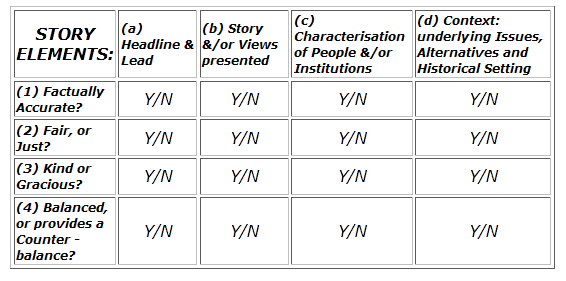As UD regulars will know, it’s silly season here in Montserrat. As a result, I am facing the long vs short copy debate and the issue of the demand for excessive simplicity. Which, opens us up to be naive and easily misled — including when we indulge the fallacy of selective hyperskepticism. (As in: if you dismiss what is credible, it’s because you have already swallowed what isn’t.)
I have therefore put up a few thoughts, and think they are relevant to the ID debate also. (As in, why is it so many are so willing to swallow short and clever but highly misleading barbed slogans such as: “Creationists in cheap tuxedos”?)
In a nutshell:
SHORT COPY GAINS ATTENTION
BUT, LONG COPY OUTSELLS SHORT COPY
Counter-intuitive, but well founded.
As Business Insider observes:
One of the most common misconceptions is that people nowadays will not pay attention to ads or communications that have more than a minimal amount of ad copy . . . .
If people are really interested in something, they want more. If they are not interested, they want less. You cannot have too much of a good thing, but any amount of a bad thing is too much.
One of my favorite T-shirt’s of all time has a picture of Albert Einstein on it with a headline that reads, “Sit on a hot stove for a minute and it seems like an hour. Sit next to a pretty girl for an hour, and it seems like a minute. That’s relativity.”
And of course, forever, it is: buyer beware . . . and so we face a challenge when we read a story or take in a presentation or bit of PR work, or even attend a course of lectures in a classroom:
(For details, cf. here.) END
PS: Without endorsing content, I think the facelift at WUWT, is worth a look.
